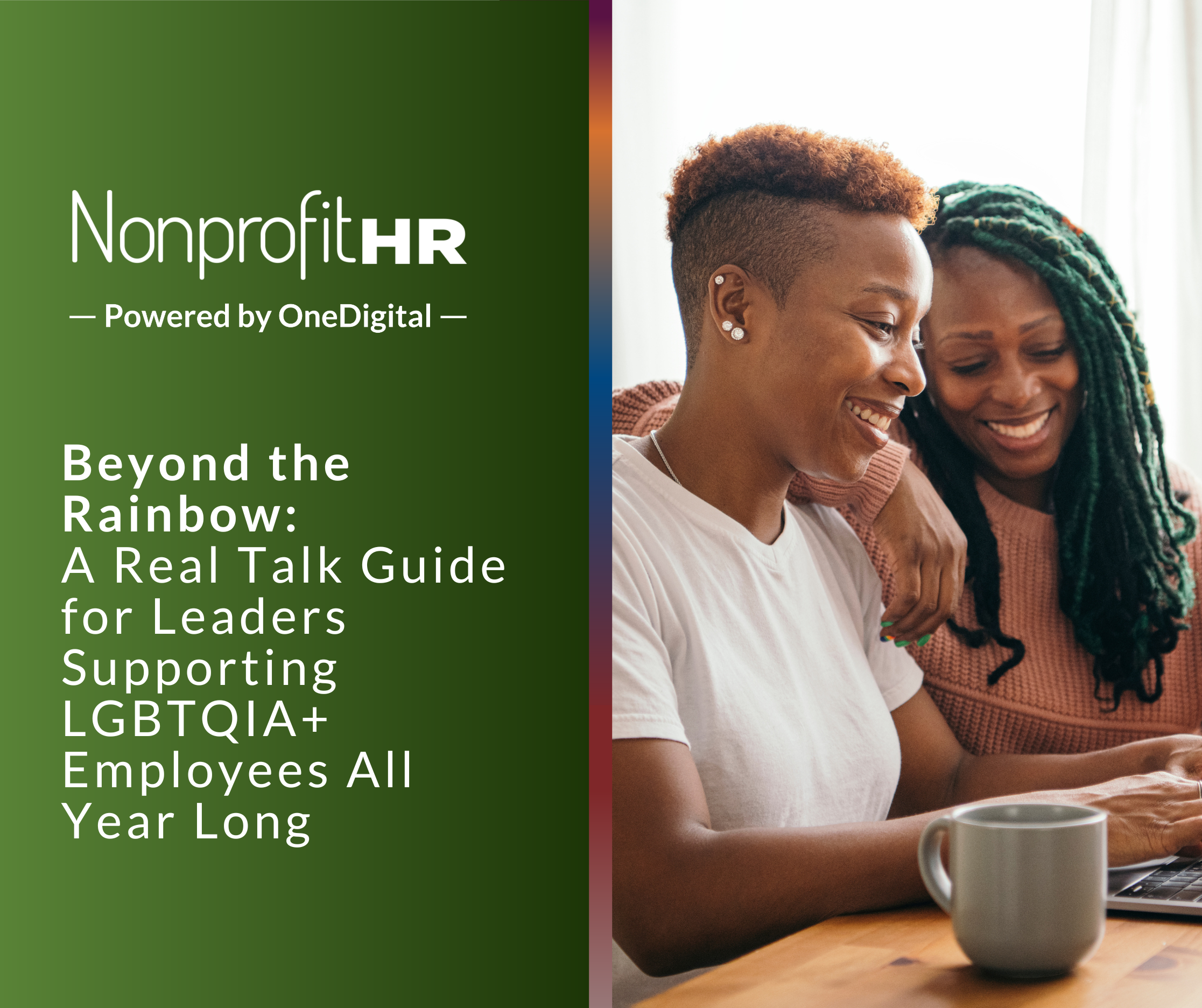WTOP: 5 ways nonprofits can…
Brian Katz attended an interesting meeting recently where the idea was presented that bring your own device (BYOD) policies are part of positive millennial retention programs.
What? Really?
Brian explains,
“We had barely gotten started when the presenter talked about one of the major reasons why a company should implement BYOD. A BYOD program was required if your company wanted to retain millennials. In fact, BYOD would help you retain all your employees but the millennials were most important, as they would be the future of your company. The reason millennials were so important were that they had grown up with technology and it was an every day part of their life. They didn’t fear technology and were all for finding ways to do things better or easier with their own tech.
Let’s just scream ‘Bollocks!’ right now (a polite way for an Englishman to say BS). It’s bad enough that everywhere you turn people are finding ways that BYOD cures cancer, heals everyone and brings peace on earth. BYOD just means that you are picking your own device, and if you are lucky, you actually have some choice as to what device that will be. Most companies actually run a MBYOD program or managed BYOD. They set out only a few choices of devices and you need to pick from that list if you want to participate in the program. Sure, it’s nice that you got to pay for your own device; maybe you even splurged and bought yourself a kickass one, which, of course, by tomorrow will only be middle of the road. The fact that you have your own device will do absolutely nothing to keep you at your company. In many ways it actually makes it easier for you to move on as your most personal piece of technology is now your own, you will not lose it if you leave.”
I agree with the cry of bollocks, but perhaps from a different angle. BYOD policies are not retention policies by cost saving policies. They do not make life easier for HR. Before BYOD, when an employee left the organization merely reacquired the organization’s technology. During the exist interview, IT is on hand to take back the BlackBerry and laptop and confirm all computer/program passwords, etc.
But with BYOD, you cannot take back the phone and computer. There is no guarantee that all the organization’s intellectual property is off the employee’s smart phone and laptop — especially if staff uses their own laptops. If your technology policy is moving to BYOD or has slowly crept that direction, HR needs to review all technology policies (hopefully in coordination with IT) in an effort to protect organization, donor and mission materials.





























